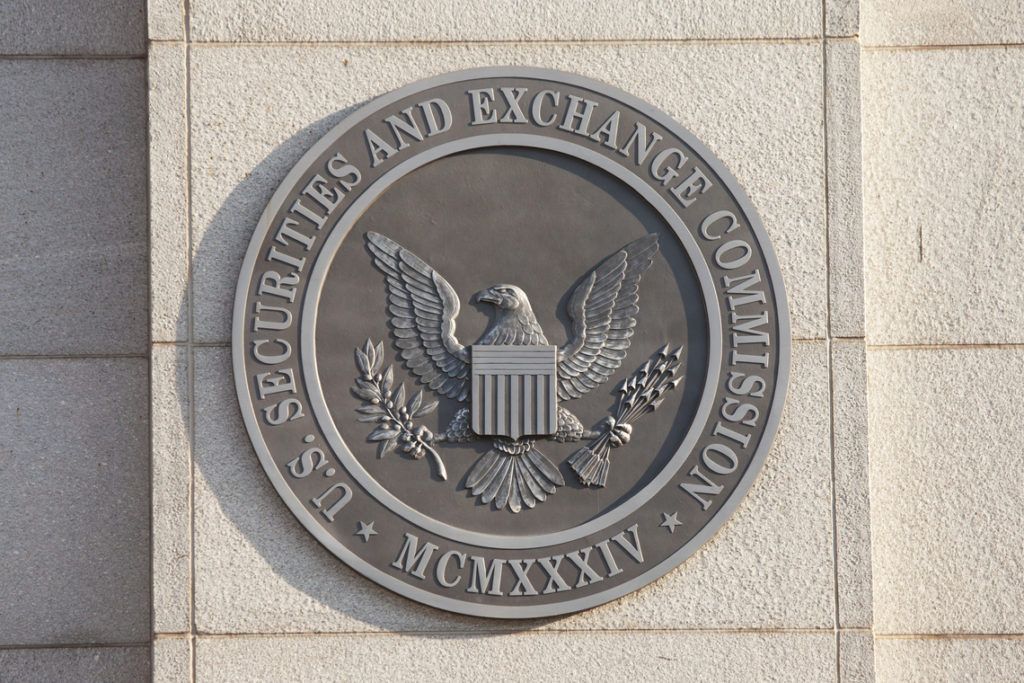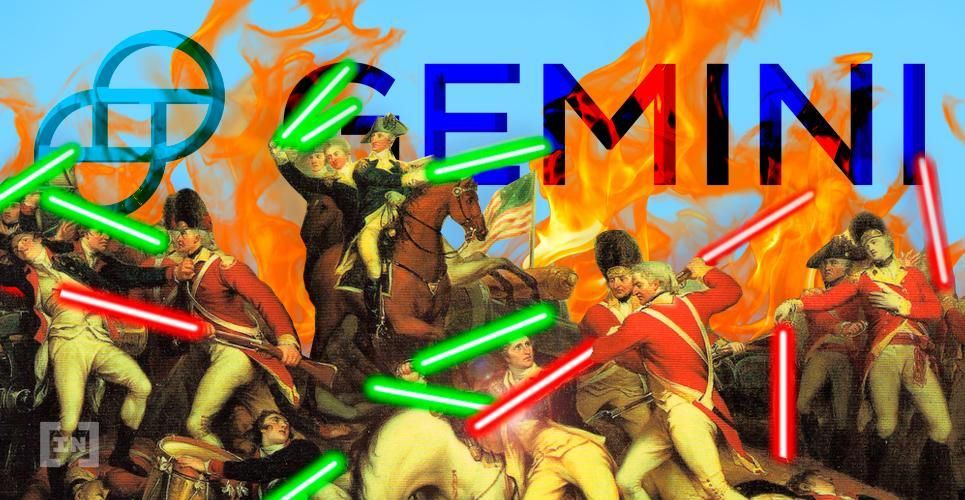Yesterday, Gemini co-founders Cameron and Tyler Winklevoss advertised in the New York Times their vision of how a crypto revolution should look like. The community was outraged. Do cryptocurrencies really need rules in order to thrive?
The big, bolded title in the New York Times was pretty clear for everyone.
That’s how the Winklevoss brothers started their 2019 resolutions, presented across the United States as a full-page ad. The twins’ goal at cryptocurrency exchange Gemini is simple: gain the approval of the U.S. Securities and Exchange Commission (SEC) while creating a crypto-based Exchange-Traded Fund (ETF). To do that and attract serious institutional money, however, they must follow the rules imposed by the SEC.Today, we ran a full-page ad in the @nytimes outlining what we think the cryptocurrency revolution needs to succeed. Revolutions that build sets of rules to ensure a better future, are the ones that last. https://t.co/RrMH5vgSbM pic.twitter.com/oa83xgd26u
— Gemini (@Gemini) January 7, 2019

Bringing ‘Best Practices’ Into Crypto
The twins know the cryptocurrency community doesn’t react well when they are told to follow the rules of the system that disappointed them in the first place. Thus, they tried a different approach — calling their intentions a much-needed ‘revolution.’ Moreover, they didn’t mention anything about following the rules. In their take, they build their own rules — even though their follow-up comments prove otherwise. In a Reddit AMA from yesterday, Tyler Winklevoss talked about adopting the Marketplace Conduct Rules inspired by the Chicago Board Options Exchange (CBOE) rulebook. He also mentioned a partnership with NASDAQ to implement surveillance technology for Gemini — on top of an ever-growing surveillance team to monitor the marketplace. Asked about the ‘Orwellian’ implications — see: surveillance state — Winklevoss responded by saying that market surveillance sounds ‘worse than it is’ and is commonplace in the financial markets that teach ‘best practices.’ As for the Virtual Commodities Association — a self-regulating body in the cryptocurrency market formed in August 2018 — it also plans to promote ‘best practices’ across the industry with the help of former regulators and consulting/law firms.
Community Reacts
The cryptocurrency community wasn’t impressed at all and unanimously dismissed the need for (more) rules. The only rules needed on the blockchain are based on mathematics, cryptography, and consensus. Indeed, revolutions that create a set of (new) rules for a better future are the ones that last. Yet, Gemini and the Winklevoss brothers don’t seem interested in actually creating new rules. They just want to follow the same old rules and implement them in the cryptocurrency industry for more revenue and higher profit. [bctt tweet=”Do cryptocurrencies really need (more) rules in order to thrive?” username=”beincrypto”] These ‘best practices’ may be useful in the current, centralized system, but they can only limit the actual growth of Bitcoin and altcoins. In the end, the old rules will lead to the same entry barriers as today — re-creating the same problems the blockchain was meant to solve in the first place. This isn’t a real revolution. This is just a fake one. What do you think about Gemini’s piece in the New York Times? Do the Winklevoss brothers really promote a crypto revolution? Share your opinions in the comments below!Disclaimer
In adherence to the Trust Project guidelines, BeInCrypto is committed to unbiased, transparent reporting. This news article aims to provide accurate, timely information. However, readers are advised to verify facts independently and consult with a professional before making any decisions based on this content. Please note that our Terms and Conditions, Privacy Policy, and Disclaimers have been updated.

Florian Gheorghe
I started out in print journalism in 2008 and switched to freelancing two years later. Afterward, I covered the poker and gambling scene for several years before getting into sports and motivational stories.
Crypto-wise, I first learned about Bitcoin just months after the Mt. Gox event. I’ve been riding the bulls and the bears ever since.
I started out in print journalism in 2008 and switched to freelancing two years later. Afterward, I covered the poker and gambling scene for several years before getting into sports and motivational stories.
Crypto-wise, I first learned about Bitcoin just months after the Mt. Gox event. I’ve been riding the bulls and the bears ever since.
READ FULL BIO
Sponsored
Sponsored

